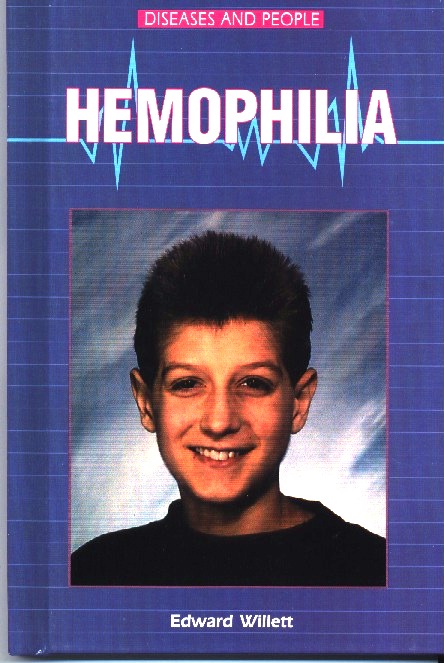[podcast]https://edwardwillett.com/wp-content/uploads//2011/12/Hemophilia-Gene-Therapy.mp3[/podcast] Over more than two decades of science writing, I’ve seen a lot of my past writings rendered obsolete by scientific progress. Case in point: the release last week of a research report on exciting new progress in gene therapy for hemophiliacs. Back in 2001, I wrote a book on hemophilia for the Enslow Publishers …
Tag: genetics
Cloning a mammoth
[podcast]https://edwardwillett.com/wp-content/upLoads//2011/01/Cloning-the-Mammoth.mp3[/podcast] One of the more striking exhibits at the Royal Saskatchewan Museum is the woolly mammoth that looms over you, emerging from a forest, when you round one of the corners in the Earth Sciences Gallery. Twelve thousand years ago, you might have encountered exactly that scene while strolling through Saskatchewan: these days, the closest …
A treatment for Ebola?
[podcast]https://edwardwillett.com/wp-content/upLoads//2010/06/A-Treatment-for-Ebola.mp3[/podcast] A few years ago I wrote several books for Enslow Publishers in New Jersey for a series called Diseases and People. I covered meningitis, arthritis, hemophilia…and Ebola. My most recent book for Enslow, Disease-Hunting Scientist, also talks about Ebola, and some of the scientists who travel to the sites of outbreaks to help with …
A half-billion years of irritation
Just a couple of years ago, I wrote a column about the advent of tearless onions that included some background on why onions make us cry in the first place. Ordinarily I wouldn’t revisit a topic quite so soon, but you know how it is with science: things change fast, and just this week there …
Tearless onions
Download the audio version.Get my science column weekly as a podcast. I’m a sensitive kinda guy. I fact, I’m so sensitive I sometimes tear up just during the process of making dinner. It’s not that I’m overcome with emotion at the blessing of having at my disposal the wherewithal to stir-fry. (I’m not that sensitive.) …
One step closer to the return of the woolly mammoth?
Maybe. That’s the focus of today’s post at Futurismic; and thanks to Janet at The Walrus Said for the tip!
Genetic modification of large animals just got easier
Efforts to genetically modify large animals have been hindered by the fact that the two methods currently used to effect it, somatic cell nuclear transfer or pronuclear injection, are costly, inefficient, difficult, and carry a risk of producing abnormal offspring. Now researchers at the University of Pennsylvania School of Veterinary Medicine have successfully produced genetically …
Neophobia
Download the audio version.Get my column as a podcast. *** When I was a kid, I was a picky eater. I knew what I liked, I knew what I didn’t like, and I knew what I was sure I wouldn’t like if I ever tried it, which I had no intention of doing, because why …
A most appropriate presentation
This is cool: Nobel laureate James Watson – co-discoverer of the DNA double helix and father of the Human Genome Project – today, in a presentation at Baylor College of Medicine, became the first human to receive the data that encompass his personal genome sequence.It’s astonishing how far we’ve come in genetics in such a …
Mini-DNA replicator
This is pretty amazing: A pocket-sized device that runs on two AA batteries and copies DNA as accurately as expensive lab equipment has been developed by researchers in the US. The device has no moving parts and costs just $10 to make. It runs polymerase chain reactions (PCRs), to generate billions of identical copies of …
A blogger reviews Genetics Demystified
JinxIdoru (a blog) has reviewed Genetics Demystified, and rather favorably, too: I have to say that if all of the Demystified books are as good as this one, then I am sold. It was very clear and explained complicated concepts in an understandable form. The quizzes were a great way to check my grasp of …
Made-to-order DNA…
…is about to get a lot easier to create: Installing one of those prefab, snap-together wood-flooring kits is a lot easier than shaping and sanding rough planks. Adapting a similar construction strategy, a biotech startup called Codon Devices, based in Cambridge, MA, aims to streamline genetic engineering. It makes made-to-order DNA strands, freeing scientists from …
- 1
- 2









